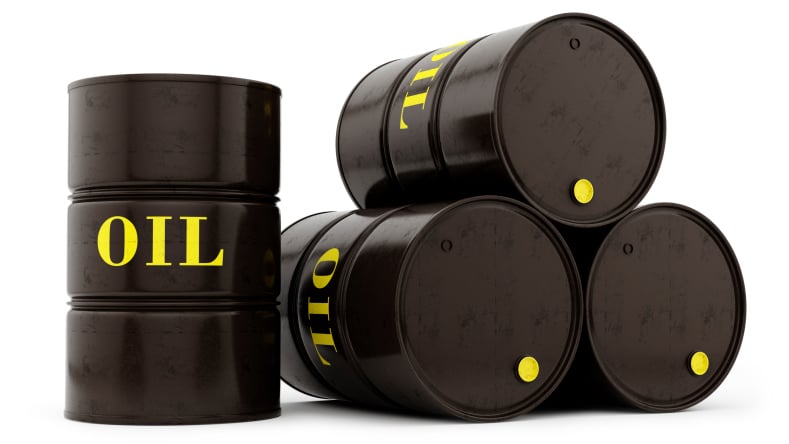
Source: Thinkstock
Comparing the current 50% drop in crude prices to other episodes of oil price declines in 1996 and 2008, BIS notes that both previous price collapses “were associated with sizeable reductions in oil consumption and, in 1996, with a significant expansion of production.” The current decline is happening at a time when production and consumption are roughly in-line with expectations and BIS concludes “the steepness of the price decline and very large day-to-day price changes are reminiscent of a financial asset.”
ALSO READ: US Drilling Rig Shutdowns Continue
Because oil is now an asset class, the BIS says, “movements in the price of oil are driven by changes in expectations about future market conditions.” Now the punch line:
In this respect, the recent OPEC decision not to cut production has been key to the fall in the oil price.
BIS admits that a large increase in oil sector debt may also have played a role. Oil producers borrowed heavily at low interest rates, and the drop in crude prices means that “a fall in the price of oil weakens the balance sheets of producers and tightens credit conditions, potentially exacerbating the price drop as a result of sales of oil assets.” Put another way, “Lower prices tend to reduce the value of oil assets that back the debt.”
The bank goes on to say that at times of strained balance sheets and high volatility, derivatives swaps dealers may become “less willing to sell protection to oil producers.” If producers cannot hedge through swaps dealers, they then go to the markets directly without using an intermediary, and this shift in liquidity of hedging markets may have played a role in recent oil price changes.
So, is OPEC to blame for low crude prices, or are speculators who are unwilling to assume the other side of producer hedging? BIS may provide a more complete answer when the full study on what it calls the “oil-debt nexus” is published in March. Maybe it is not OPEC’s fault after all.
ALSO READ: North Dakota Faces Massive Budget Shortfall From Lower Crude Prices
Sponsored: Attention Savvy Investors: Speak to 3 Financial Experts – FREE
Ever wanted an extra set of eyes on an investment you’re considering? Now you can speak with up to 3 financial experts in your area for FREE. By simply
clicking here you can begin to match with financial professionals who can help guide you through the financial decisions you’re making. And the best part? The first conversation with them is free.
Click here to match with up to 3 financial pros who would be excited to help you make financial decisions.
Thank you for reading! Have some feedback for us?
Contact the 24/7 Wall St. editorial team.


